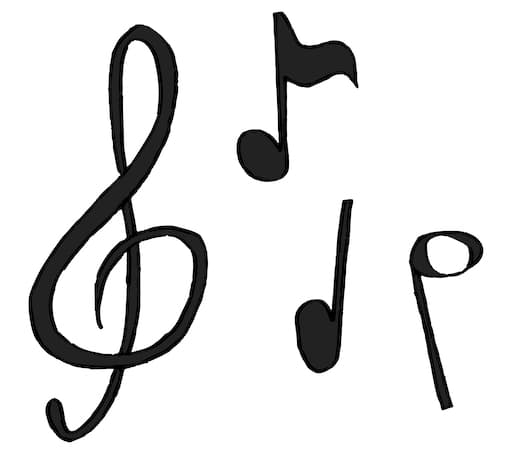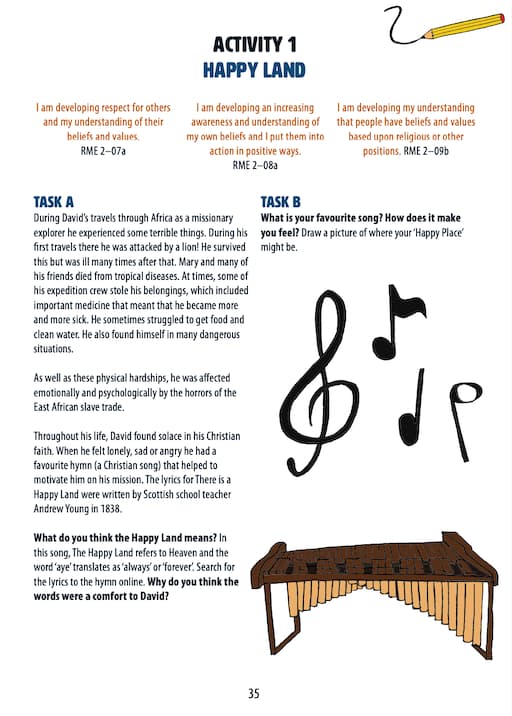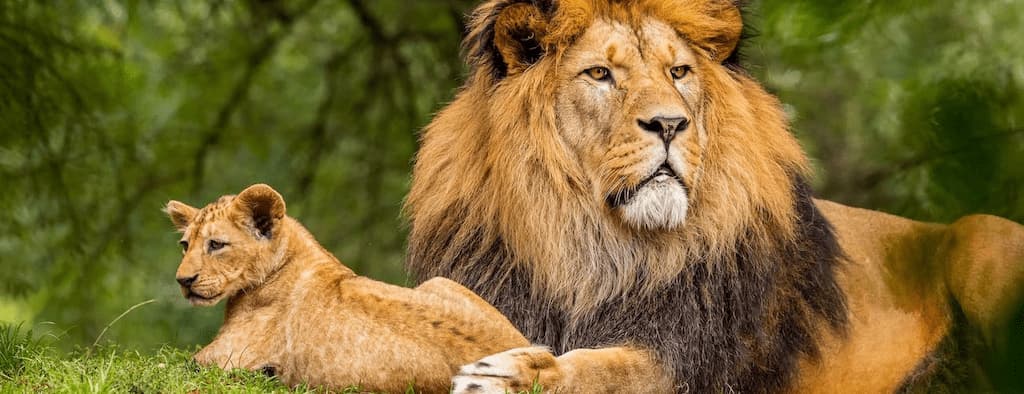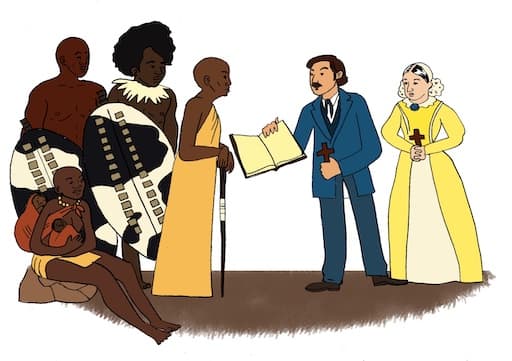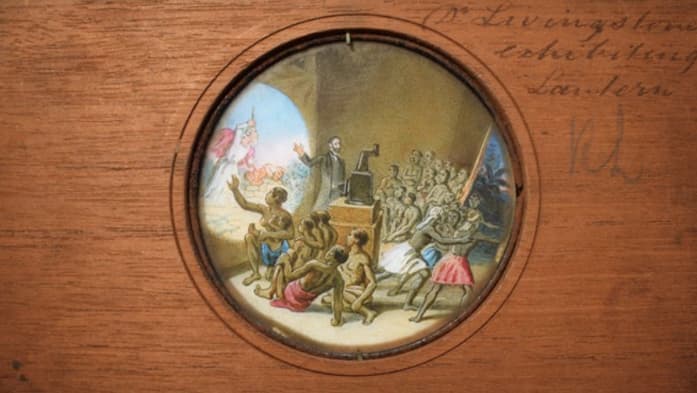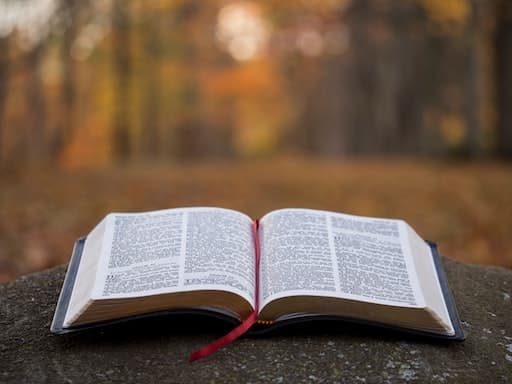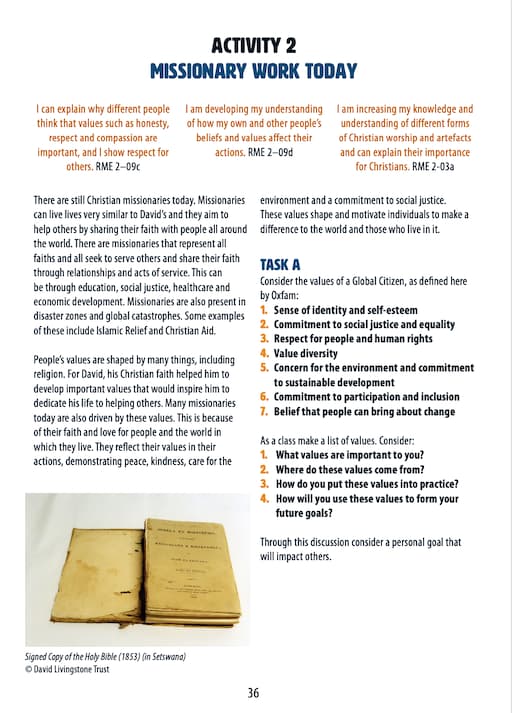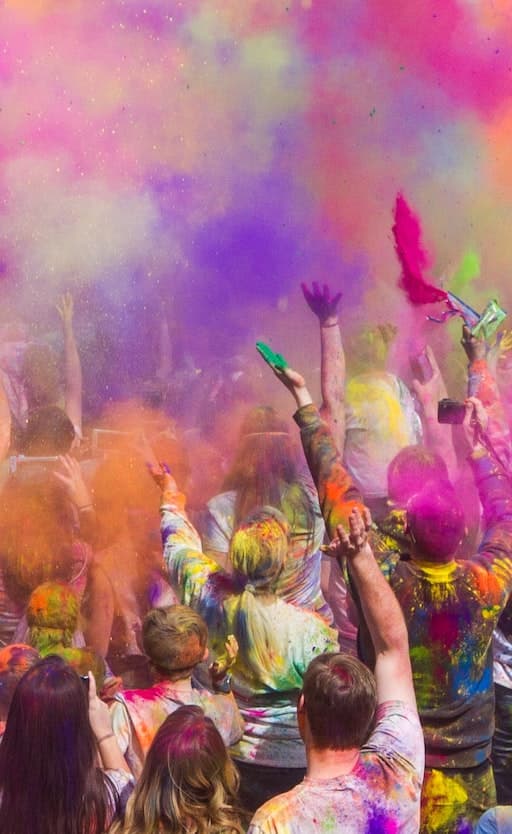David’s religion had a big impact on his life and work. From a young age, his father read him Bible stories and he attended the local church twice every Sunday. He learnt about the work of Christian missionaries – people who travel across the world to tell others about their God. David was influenced by the writings of German missionary Karl Gützlaff, who advised missionaries to become doctors so they could carry out their missionary work and convert people through serving others with their medical needs.
After finishing his medical training, David trained at the London Missionary Society and he planned to go to the East Asia, but then the first Opium War broke out between Britain and China. By chance, he went to a talk by Robert Moffat, a Scottish missionary who was on leave from his base in Southern Africa. David was inspired by Moffat’s stories and decided to go to Southern Africa instead.
When David got to Africa, he was interested in learning about the religious and cultural beliefs of the people he met, however his work as a Christian missionary meant he was there to convert people to his faith. He shared his beliefs by learning African languages so he could read the Bible to lots of different community groups. His wife, Mary, knew many African languages, including Setswana. Knowing the local languages was important for missionary and other colonial work. Another way he shared the stories from the Bible was through images. He used a magic lantern, which worked similarly to a projector. Lantern slides were used to show biblical stories.
At the time, many European missionaries in Africa set up mission stations near the coast, but few had gone into the heart of Africa because there were no maps and no roads. David, wanting to spread the Christian message far and wide, spent much of his life exploring and mapping Southern and Central Africa, opening up these routes for other missionaries and commercial activities.
